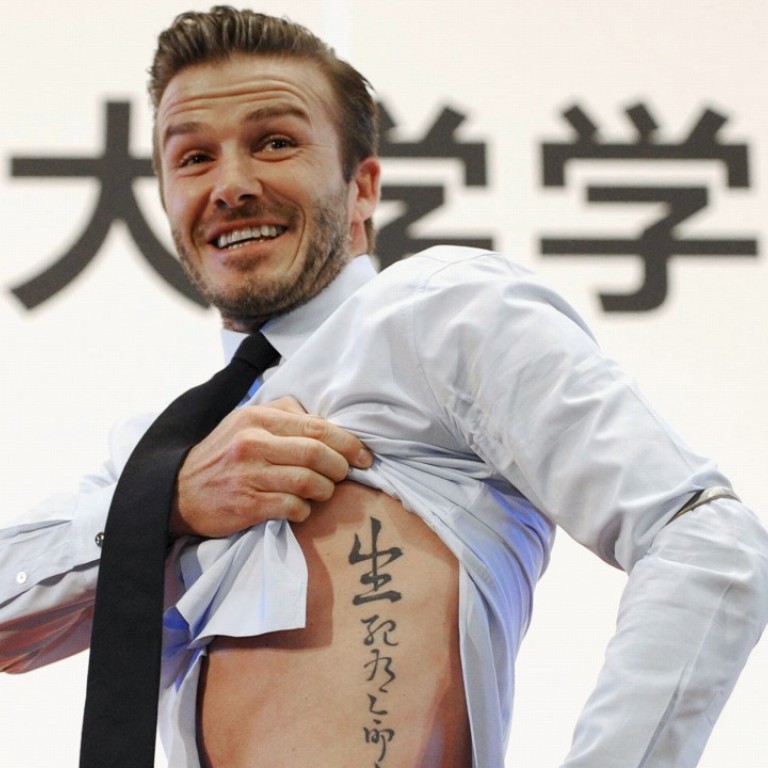
Beautify like Beckham: Chinese men splash the cash to keep up appearances
Men looking as good as the fairer sex is predicted to become a US$3 billion industry in China by 2022
Looking good used to be the exclusive privilege of women.
But in China, a boom in the country’s nearly US$2 billion male grooming market shows that striving for the perfect image is no longer refined to the fairer sex.
According to a white paper last month on the male-beauty sector from Tmall Innovation Center (TMIC) and L’Oréal China Consumer Intelligence, total sales of male-beauty products in China spiked 59 per cent and 54 per cent in 2017 and 2018, representing a golden opportunity for leading players.
L’Oréal China, Clear by Unilever, Gillette and Nivea for Men are among the top brands now battling it out to cash in on the demand for flawless skin and well-groomed hair.
The market is expected to boom in value to nearly US$3 billion by 2022 – that is a compound annual growth rate of around 6 per cent over the next five years, according to OC&C.
“The Chinese grooming market, the largest in Asia and ranked first in terms of total consumption of products, still lags far behind Japan and South Korea in the average spending per capita, with the average spending per male consumer below US$3 in 2017,” said the study, which is less than 10 per cent of the average spending in the former.
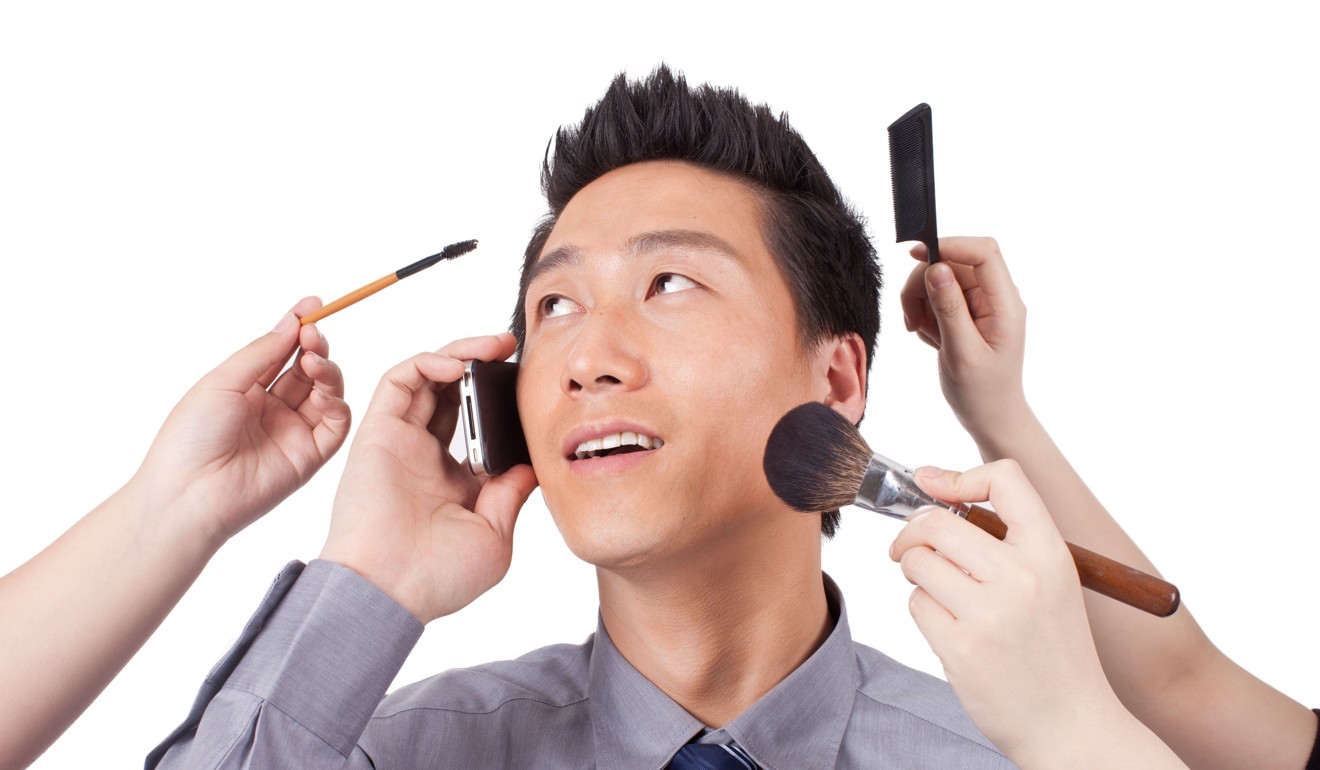
While 70 per cent of Chinese male shoppers still preferred to stock up on their grooming goods in bricks-and-mortar stores in 2017, the market is gradually moving online, as seen in the consistent decline of offline retailing share from 85 per cent in 2012, according to AT Kearney.
Over two in five Chinese male respondents said they prefer e-commerce platforms over physical stores in a survey conducted by Mintel China.
“Unlike their female counterparts, men who tend to be occupied by work usually favour straightforward shopping and therefore find e-commerce more attractive”, adds Neil Wang, Greater China president of Frost & Sullivan.
AT Kearney’s figures show the internet’s share of the male grooming market in China also increased from 15 per cent in 2012 to 30 per cent in 2017.
Jason Law, a 35-year-old Hong Kong lawyer firmly believes grooming is no longer just a lifestyle preference, but a reflection of a man’s character.
“It reflects on you as a person and how much you care and pay attention to detail,” he said.
Law, who views anti-ageing as one of his skincare priorities, applies eye cream and facial serum on a daily basis, with the aim of preventing early-ageing and formation of wrinkles in the long run.
For brands hoping to meet the fast-growing appetite of the increasingly sophisticated Chinese male consumers such as Law, it is important to launch advanced grooming products by leveraging on the booming local e-commerce platforms.
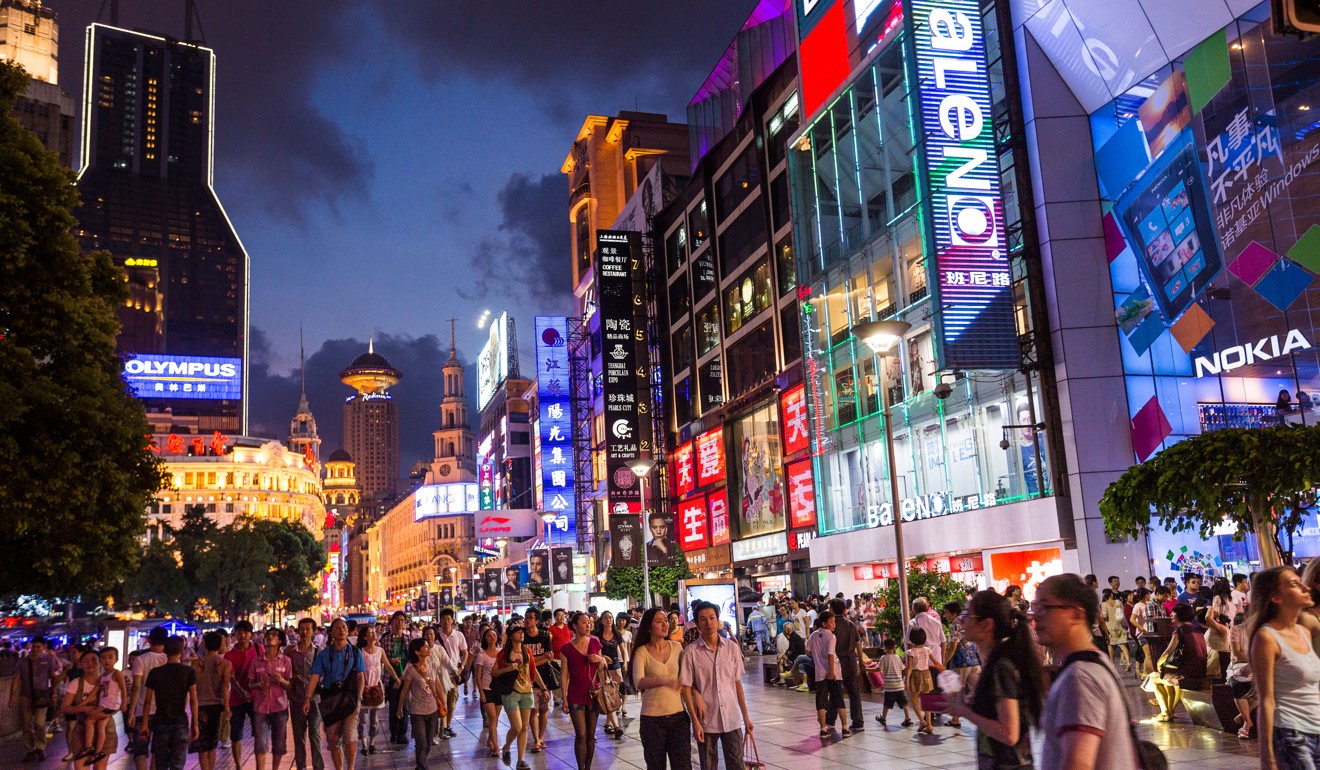
Last month, top market performer L’Oréal China launched a flagship store on Tmall, the e-commerce site owned by online giant Alibaba Group, where shoppers can order House99 products, a range of luxury male grooming goods branded by former football superstar David Beckham.
Alibaba owns the South China Morning Post.
House99, which has presence in 19 countries currently, has proved a success since its debut at the start of this year.
The uber-groomed Beckham claimed the brand “was already among the top 10 most-popular male brands” at the Tmall launch event in Shanghai last month.
Frequently dubbed in the media as having one of the recognisable faces on the planet, the footballer-turned-celebrity-turned model is no stranger to the Chinese.
Marketers remain positive towards L’Oreal China’s strategic move, as the brand cashes in on Beckham’s popularity in China, according to AT Kearney.
The celebrity-endorsed brand blends barbershop culture with skin and hair care innovation in 21 products for beard, shaving, face, body, tattoo and hair.
“The British positioning is appealing and differentiated from competitor brands in the market,” points out Sherri He, global partner of AT Kearney and head of China consumer and retailing industry.
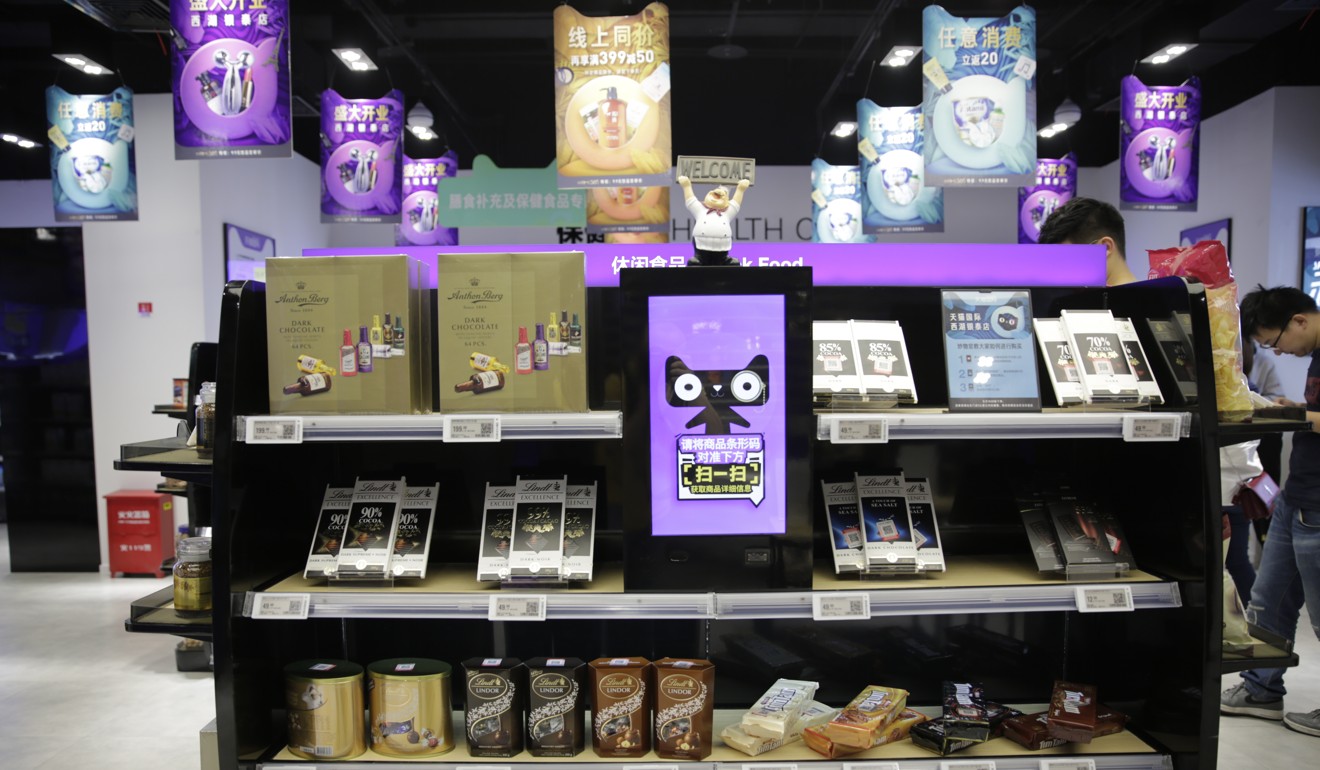
Driven by L’Oréal China’s strong presence in the Chinese market and the brand’s positioning, analysts at AT Kearney believe House99 can potentially reach US$50 million in sales in its first year.
Nevertheless, the key to its success also lies in whether the brand can effectively build awareness and trust over time, given the unfamiliarity of British barbershop culture among Chinese men, says Alice Li, senior research analyst of Mintel China Reports.
To further tap into the tech-savvy Chinese market, L’Oréal China has also joined forces with TMIC, the retail innovation arm of Tmall, to create personalised products and experiences by leveraging on online consumer data.
Despite the surging online retailing trend in the men’s grooming market in China, old-fashioned outlets continue to be the major channel, representing around 80 per cent of retail sales value, adds Veronica Wang, Associate Partner at OC&C Strategy Consultants.
That is partially because male consumers in China are not considered as sophisticated as female consumers in the category, suggest experts, and many still prefer to visit stores to receive recommendations from sales specialists and try products.
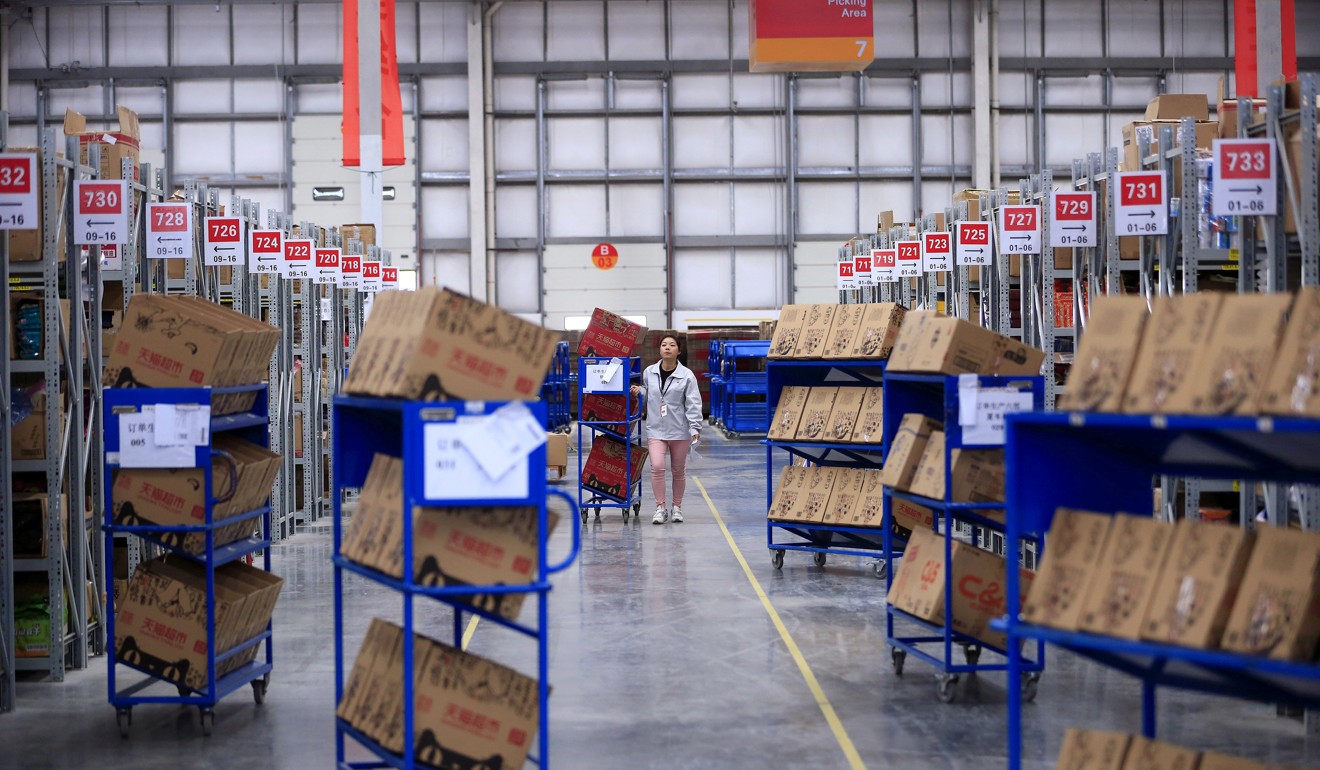
Leading players have to work hard to win over shoppers such as Zing Kwan, a 39-year-old office manager who spends around US$255 to US$380 on grooming products every three months.
“Before buying grooming products, I usually do research online for product information and customer reviews. But when I shop, I mostly buy from physical shops.”
Aside from L’Oréal China, Mentholatum for Men, Biotherm Homme and Kiehl’s are among some of the brands that are working with Tmall, with the hope of maximising market share.
The prestige grooming sector shows stronger market potential in light of growing consumer sophistication among high-earning male consumers, thanks to the lower competition compared to that of the “masstige” sector, a class of products that are affordable to general consumers but are still positioned as luxury, according to Mintel China.
“While there will be steady growth in basic male grooming products with increasing penetration in lower-tier cities and increasing consumption frequency,” points out Pedro Yip, partner at retail and consumer practice, Oliver Wyman Hong Kong.
“There will be an increasing number of advanced and luxury products emerging in the market.”

